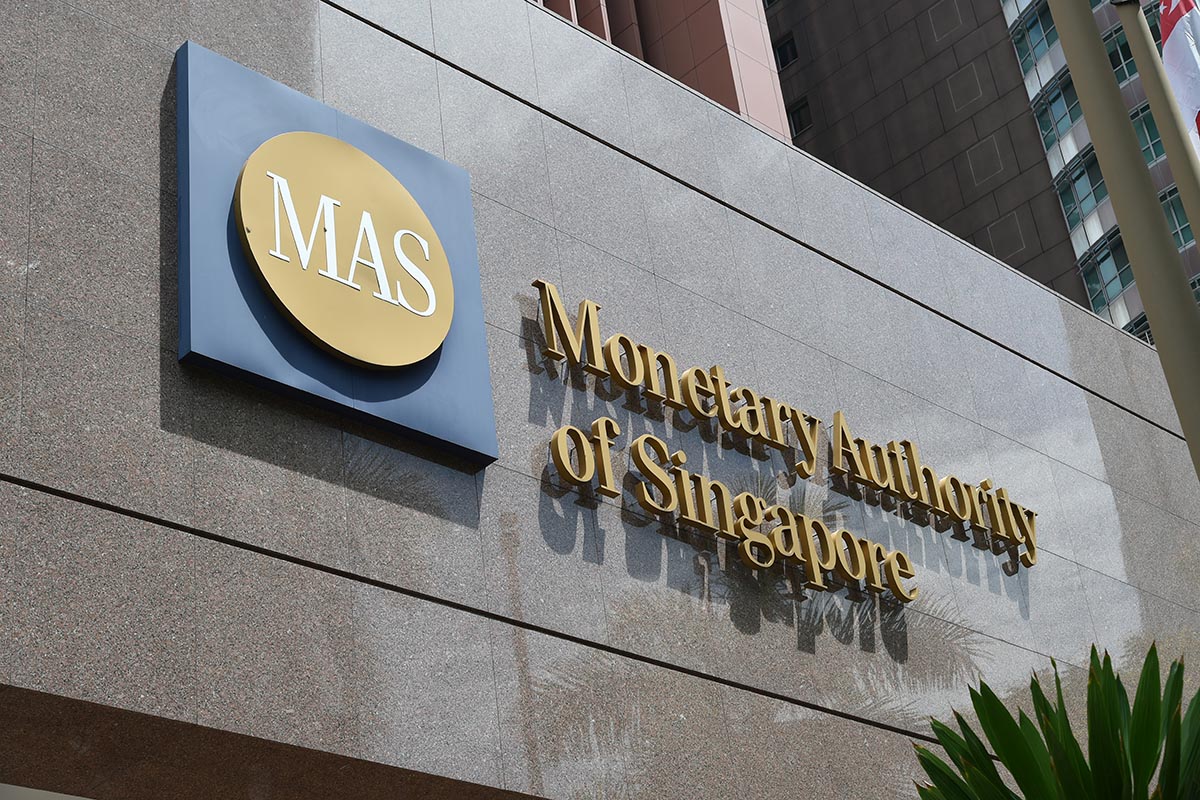Be selective.
That’s the message Monetary Authority of Singapore Managing Director Ravi Menon has for pundits and investors trying to navigate the wave of technology euphoria sweeping the financial services industry.
While technological innovations such as blockchain and the area of big data analytics can result in powerful applications, people should be wary of some peer-to-peer lending platforms and the rapidly rising values of cryptocurrencies, Menon said in an interview with Bloomberg News late last month.
"I do see some collapse of the bubble in the fintech space," the central bank chief said. "Some business models, some applications of technology are clearly overstretched," he said, citing some similarities with the dot-com boom at the turn of the century. That bubble popped in the early 2000s, erasing billions of dollars in market value from technology stocks.
“At some point in the current euphoria about fintech, there will be some reckoning of that sort,” Menon said. “But I do hope that it does not sweep away everything as it did in 2001, sweep away the good as well as the hype.”
Menon speaks from a unique vantage point, as head of a central bank that has positioned itself as a champion of fintech, to help bolster Singapore’s status as a global financial hub. The regulator organises the city’s FinTech Festival, a glitzy networking event that next week will link banking executives with startups and feature speeches from Menon and former Citigroup chief Vikram Pandit. Last year’s conference drew more than 13,000 attendants.
One potential area of concern for Menon is some examples of P2P lending, in which platforms connect investors with borrowers, and make money from charging both parties a fee. Such platforms have mushroomed from Asia to the Americas in recent years, and have been hailed for enabling those with poor access to bank loans to get financing from willing investors.
Still, high-profile cases of malfeasance such as Ezubo – dubbed China’s biggest Ponzi scheme – have brought to light instances of how they can be used to defraud investors. In China, almost 4,000 P2P platforms have closed or run into difficulties since 2011, according to Yingcan Group, which tracks the data.
Some platforms use “really deep technology, solid analytics,” whereas others “find simple correlations that seem robust and they make lending decisions based on them,” Menon said. “So far it has been good, but when the credit cycle turns, will those lending decisions remain sound? We don’t know.”
Another area of concern is in the use of big data, where increasing use of mobile phones, social media and the internet has given companies unprecedented access to customer data.
“It can be misused, and there could be failures arising out of such misuse," Menon said, without citing any specific examples. “But it is also being used for a lot of very powerful applications, such as to get consumer insights or to get better risk surveillance for instance.”
While voicing some caution on the skyrocketing value of bitcoin, Menon is a proponent of the cryptocurrency’s underlying distributed-ledger technology, which is protected by “powerful” encryption, and could have some "transformational" real-world applications, he said.
The MAS has set aside about 165 million dollars for a five-year plan to nurture fintech and is spearheading Project Ubin, a blockchain-based project to facilitate cross-border payments. Last week, the regulator unveiled a so-called transformation map for financial services that aims to create 4,000 new jobs annually in the industry – a quarter of that in fintech alone.
“Financial technology is going to be the future of financial services,” Menon said. "You just have to be discerning – not to be too wide eyed about it, but at the same time, not to be cynical about all new technologies. We should experiment with an open mind.” – Bloomberg
Recommended stories:
